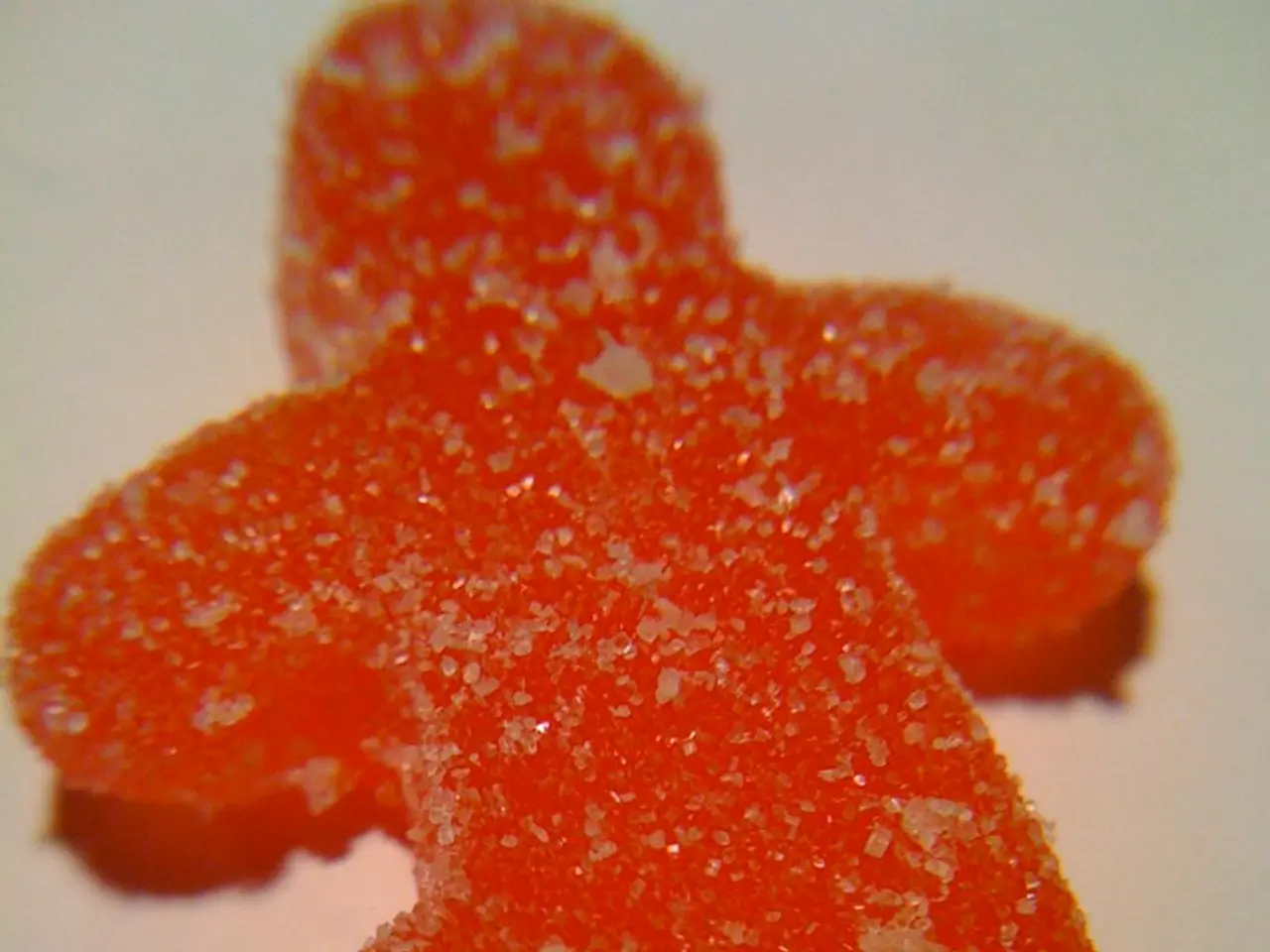Deep-Sea Bacterial Sugar Substance Triggers Cancer Cell Suicide
In a groundbreaking study published in The FASEB Journal under the DOI: 10.1096/fj.202500412R, researchers Ge Liu, Yeqi Shan, and Chaomin Sun have discovered a promising new weapon in the fight against cancer. The compound, named EPS3.9, is a long-chain exopolysaccharide (a sugar molecule) composed of mannose and glucose, produced by the marine bacterium Spongiibacter nanhainus CSC3.9 and related species.
EPS3.9 works by directly targeting five specific membrane phospholipids on cancer cell surfaces, stimulating a form of programmed cell death called pyroptosis. This process is highly inflammatory, causing cancer cells to swell, burst, and release signals that activate the immune system. This dual action—direct cancer cell killing plus immune stimulation—makes EPS3.9 a promising candidate for a new class of carbohydrate-based cancer therapies derived from marine microbial resources.
In laboratory experiments, EPS3.9 induced pyroptosis in human leukemia cells. In vivo studies showed significant tumor shrinkage in mice with liver cancer, along with enhanced immune activation against cancer. The molecular mechanism involves activation of the NLRP3 inflammasome pathway, which includes Caspase-1 and gasdermin D (GSDMD), key mediators of pyroptosis.
By causing cancer cells to self-destruct in a way that releases inflammatory signals, EPS3.9 essentially turns tumors into beacons for immune cells, making immunologically "invisible" tumors detectable and attackable by the immune system. This discovery advances understanding of marine microbial compounds and their applications in cancer treatment by harnessing pyroptosis to kill tumors and stimulate immunity.
If EPS3.9 proves safe and effective in humans, it could pave the way for a new class of carbohydrate-based cancer therapies. The study provides a theoretical basis for developing more carbohydrate-based drugs. Furthermore, the study highlights the importance of exploring marine microbial resources for potential cancer treatments.
It's worth noting that EPS3.9 has inhibitory effects on agricultural fungi, human pathogenic bacteria, and drug-resistant pathogens, suggesting a broader potential for this compound in the field of medicine. The discovery of EPS3.9 opens an intriguing new front in the war on cancer, offering a different approach to cancer treatment by destroying cancer cells in a way that makes them impossible to ignore.
Cancer cells rely on evading the immune system, so pyroptosis is like sounding the alarm on them. Pyroptosis is a dramatic, "fiery" form of programmed cell death that is associated with inflammation. If EPS3.9 proves safe and effective in humans, it could help alert the immune system to tumors that would otherwise go undetected.
In conclusion, the discovery of EPS3.9 is a significant step forward in the fight against cancer. This long-chain exopolysaccharide, produced by deep-sea microbes, offers a promising new approach to cancer treatment by harnessing the power of pyroptosis to kill cancer cells and stimulate the immune system. Further research and clinical trials are needed to determine safety and efficacy in humans, but the potential for this compound is undeniable.
Read also:
- Overweight women undergoing IVF have a 47% higher chance of conceiving naturally post-weight loss
- What temperatures may make walking your canine companion uncomfortable?
- Eye treatments for Drusen: Insights and expansions
- Presidential Candidate Uses Controversial Tactics to Gain Vote, Prompting Outcry From Opponents and Politicians Alike






